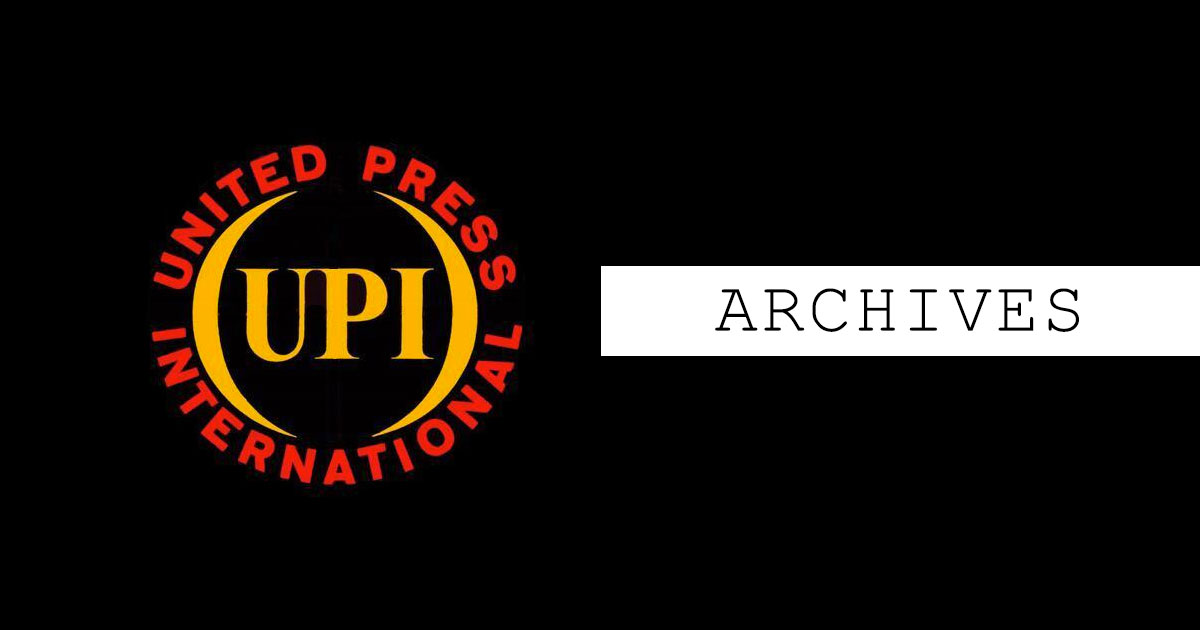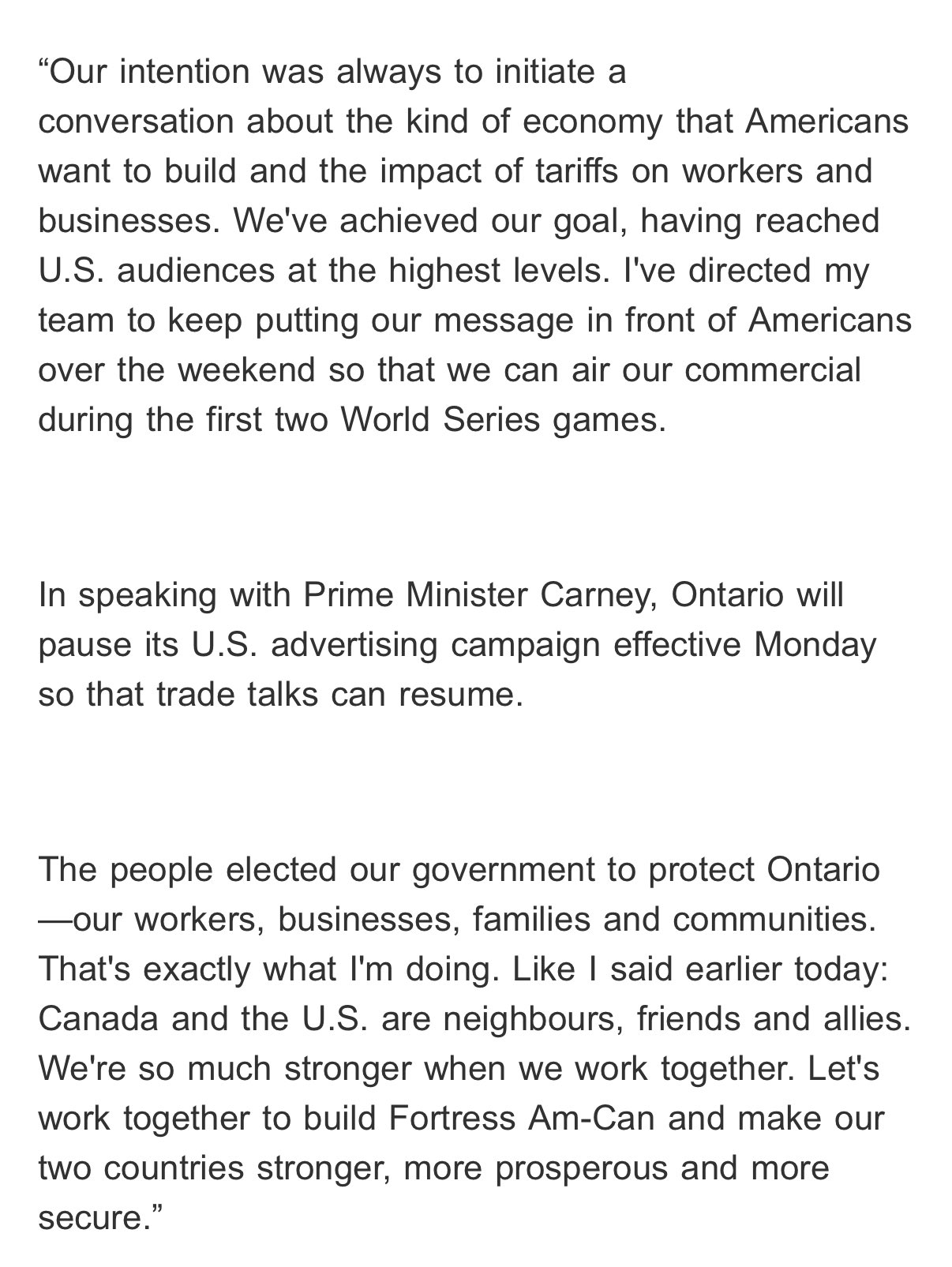You are using an out of date browser. It may not display this or other websites correctly.
You should upgrade or use an alternative browser.
You should upgrade or use an alternative browser.
Let's talk tariffs
- Thread starter Diogenes
- Start date
Ronald Reagan signed the Trade and Tariff Act of 1984 (Public Law 98-573) into law on October 30, 1984.
reaganlibrary.gov
The act was an omnibus trade bill that implemented various tariff schedules, extended Generalized System of Preferences for developing countries, and authorized negotiations for free trade agreements (such as the U.S.-Israel FTA).
reaganlibrary.gov
Regarding presidential authority to impose tariffs, the act did grant expanded unilateral powers to the executive branch, building on prior laws like the Trade Act of 1974. Key provisions included:
reaganlibrary.gov
This aligns with the act's pro-free-trade stance (Reagan vetoed protectionist bills like the 1987 Gephardt Amendment), but it equipped the president with tools for unilateral action when needed to ensure "fairer trade."
nytimes.com
reaganlibrary.gov
The act was an omnibus trade bill that implemented various tariff schedules, extended Generalized System of Preferences for developing countries, and authorized negotiations for free trade agreements (such as the U.S.-Israel FTA).
reaganlibrary.gov
Regarding presidential authority to impose tariffs, the act did grant expanded unilateral powers to the executive branch, building on prior laws like the Trade Act of 1974. Key provisions included:
- Clarification and strengthening of Section 301: This allowed the president (via the U.S. Trade Representative) to investigate and respond unilaterally to unfair foreign trade practices—such as intellectual property violations or discriminatory barriers—by imposing tariffs, quotas, or other retaliatory measures without needing congressional approval in many cases.
en.wikipedia.org - Steel industry enforcement: Title VIII provided the president with new authority to enforce voluntary export restraints and impose tariffs or quotas on steel imports to prevent market disruptions, as part of Reagan's September 1984 steel policy.
reaganlibrary.gov +1 - Broader negotiation and retaliation powers: The act increased the president's ability to negotiate tariff reductions or retaliate against trade barriers, including fast-track procedures for certain agreements while retaining unilateral options for enforcement.
upi.com
reaganlibrary.gov
This aligns with the act's pro-free-trade stance (Reagan vetoed protectionist bills like the 1987 Gephardt Amendment), but it equipped the president with tools for unilateral action when needed to ensure "fairer trade."
nytimes.com
President Reagan signed into law today an omnibus trade bill that he said 'stands four-square behind free and fairer trade.'
The legislation increases his authority to negotiate the lowering of trade barriers with other countries or to retaliate by imposing restrictions.
. . .
the bill clarifies and in some areas adds to the president's authority to retaliate against what he deems to be unfair trade practices of other countries.

 www.upi.com
www.upi.com
The legislation increases his authority to negotiate the lowering of trade barriers with other countries or to retaliate by imposing restrictions.
. . .
the bill clarifies and in some areas adds to the president's authority to retaliate against what he deems to be unfair trade practices of other countries.

President Reagan signed into law today an omnibus trade...
President Reagan signed into law today an omnibus trade bill that he said 'stands four-square behind free and fairer trade.'...


